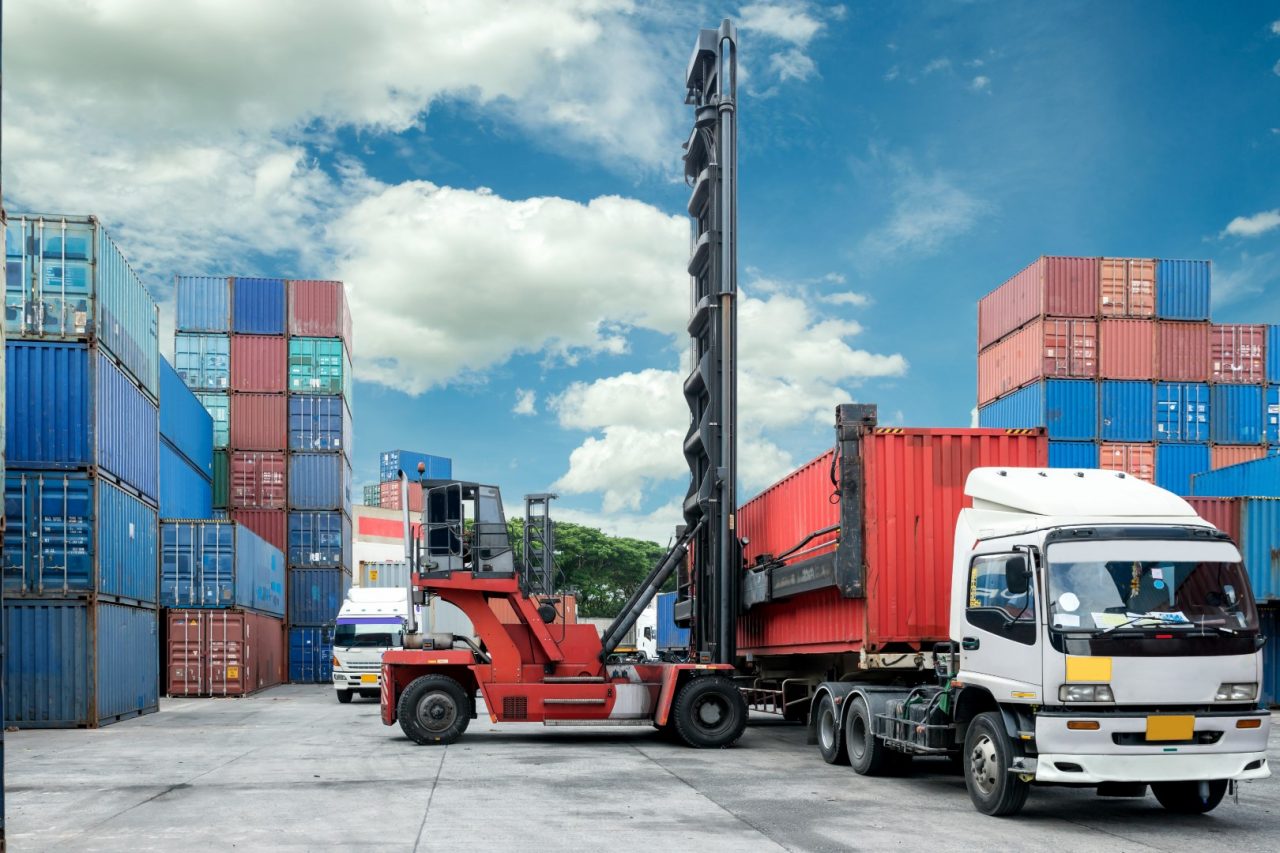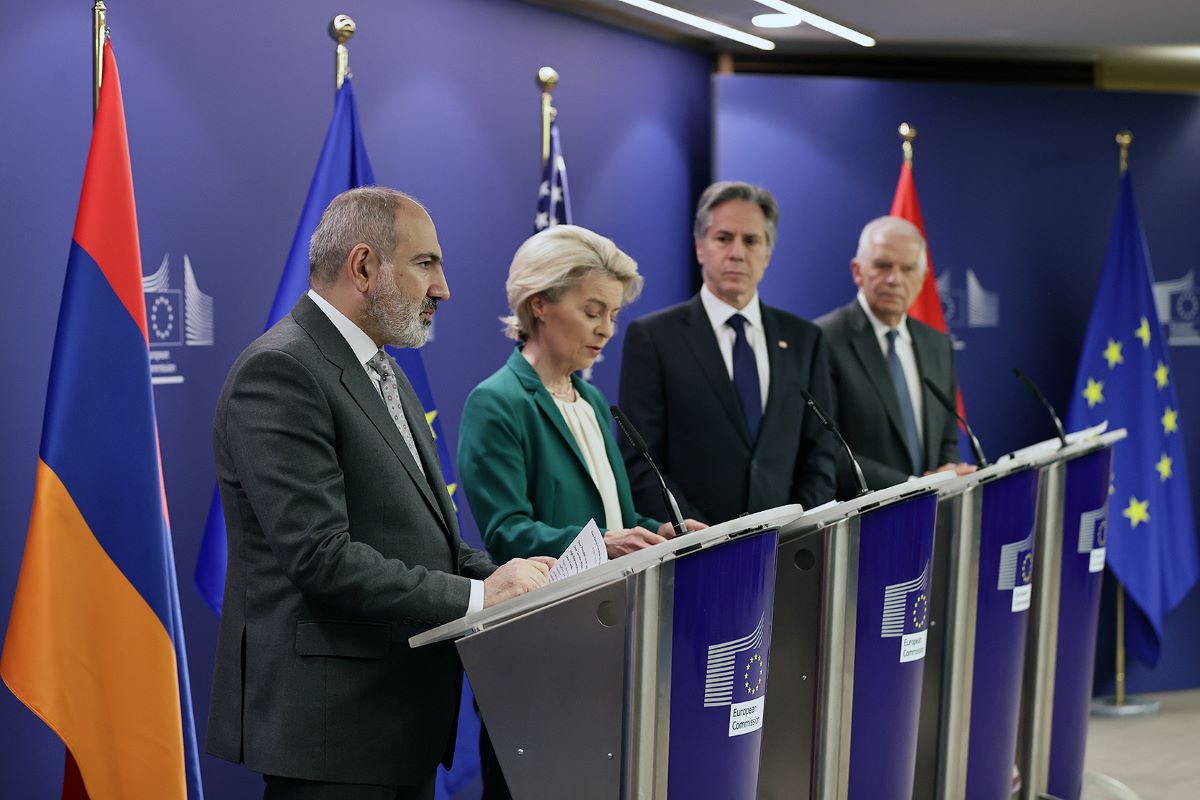Armenia's exports to UAE increased, to Russia decreased: reasons explained
Armenia’s exports to UAE
“The share of the United Arab Emirates in Armenia’s export structure has surged, nearing 50 percent. The UAE has taken the leading position,” said economist Armen Ktoyan.
Traditionally, Russia has been the top destination for Armenian exports. Ktoyan explains that the shift is due to the types of goods being exported. According to him, since late 2023, there has been a sharp increase in the share of precious stones and metals in the export structure. As a result, the leading export destinations have also changed.
“A large volume of precious stones and metals is imported to Armenia from Russia. After undergoing certain processing, these products are exported to other countries, primarily to the UAE. While this boosts export figures, it cannot be said that significant added value is created within the country, nor does it substantially increase Armenia’s economic potential,” the economist emphasized.
- Economic growth in Armenia: War in Ukraine and re-export due to sanctions. Opinion from Yerevan
- “Bold actions can lead to serious problems,” says Armenian economist
- Sanctioned vehicles are being imported into Russia through Georgia, according to a Sky News investigation
Top three destinations for Armenian exports
According to official data, from January to August 2024, Armenia exported goods worth $9.69 billion. Compared to the same period last year, the export volume more than doubled.
The UAE leads in export volume. Goods worth $4.31 billion were exported to the Emirates, marking an increase of over seven times compared to the previous year.
Russia ranks second, but exports in this direction have decreased.
Exports from Armenia to Russia dropped by 19.5%, totaling $1.93 billion.
China takes third place, with exports reaching around $840 million, a figure three times higher than last year.
There are two main reasons for the decline in exports to Russia
Economist Armen Ktoyan believes that the primary factor behind the decrease in export figures is related to the re-export of goods:
“Exports of machinery, equipment, and technical devices increased almost 20-fold in the two years following the [Russia-Ukraine] war. We had a fairly high base, but it reached its peak, and now a decline was inevitable.”
The expert explains that the reduction is driven by a drop in the export of goods that had previously fueled “rapid growth.” He describes the current phase as one of “adjustments.”
Another factor contributing to the decrease in export volumes is increased competition in the Russian market for traditionally exported goods, exacerbated by the devaluation of the ruble.
“Amid the ruble’s devaluation, it has become quite difficult to compete in the Russian market. This creates additional challenges for our traditional export goods, for which Russia was the main market,” the economist emphasized.
Armenia’s exports to UAE
The main destination for Armenian exports to EAEU countries is Russia
Changes in the trade structure with Russia are reflected in the overall volume of exports to the EAEU market. Ktoyan explains that 95% of Armenia’s trade with the countries of the Eurasian Economic Union (EAEU) is with Russia.
The Eurasian Economic Union is an international organization focused on economic integration. Led by Russia, the union also includes Belarus, Kazakhstan, and Kyrgyzstan. Armenia became a full member of the EAEU in January 2015.
“In the first eight months, exports to EAEU countries totaled $2.05 billion, down by 18.4%,” the economist said.
During the same period, exports to EU countries also decreased by 24.2%, amounting to $391.28 million.
“At the same time, exports to certain EU countries have increased. For example, exports to Belgium rose by 50.5% to $85.72 million, while exports to Romania increased by 88.6% to $3.92 million,” he noted.
According to Ktoyan, in the early 2000s, Armenian exports to the EU were three times higher than to Russia. The situation has now drastically changed:
“The issue isn’t that we had competitive products back then and don’t anymore. Rather, during those years, the primary export partners in the mining industry were European companies. Through them, products were exported to markets for further processing, which boosted trade figures with the EU. Now, there’s a shift in capital within the mining sector, impacting export markets.”
The economist also notes that part of the decline in exports to the EU is due to businesses opting for faster profits by shipping goods to the EAEU:
“The EAEU market offers a quicker path to larger profits. Companies that used to export our traditional products to Europe are now redirecting their resources to markets where they can sell faster and make more money. That’s just the logic of business,” Ktoyan explained.
Follow us – Twitter | Facebook | Instagram
Armenia’s exports to UAE





















